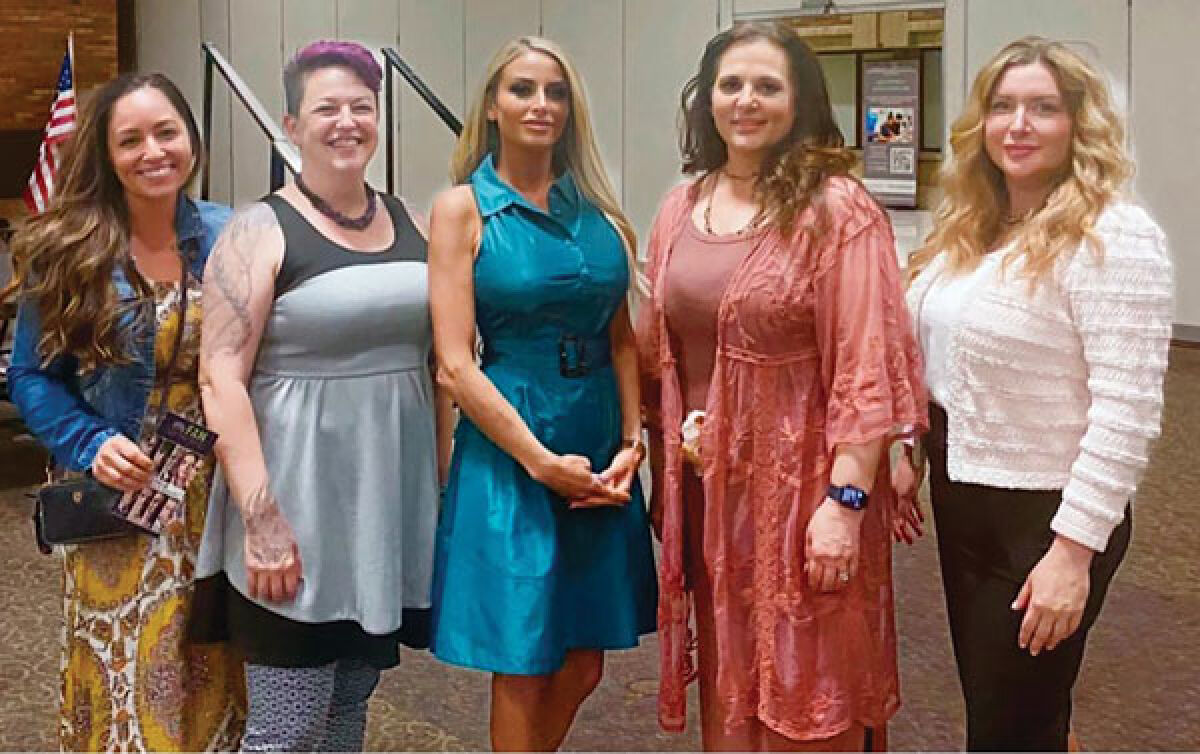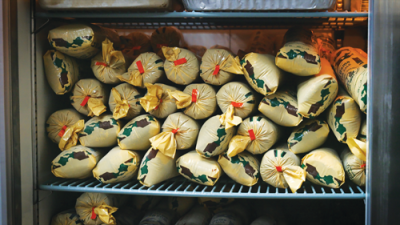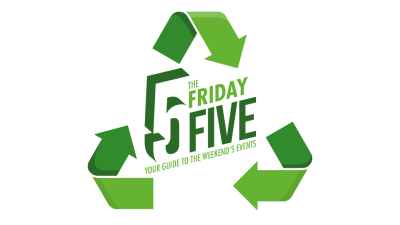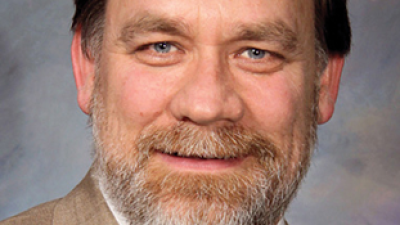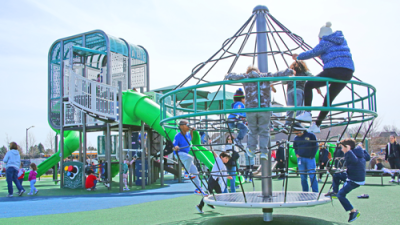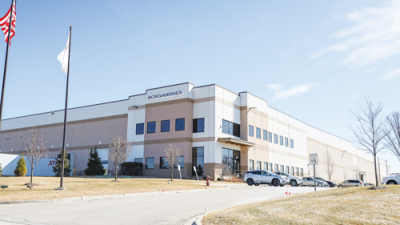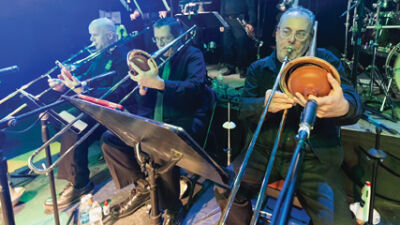OAKLAND COUNTY — Last month, Families Against Narcotics launched a new chapter targeted to help people with addiction in Oakland County.
The countywide chapter was launched May 24 at the group’s first FAN Forum, which occurs the fourth Tuesday of each month. FAN is a nonprofit organization that helps those seeking recovery from substance use disorder, those already in recovery, the family members affected by addiction, and others.
Before the launch, Oakland County Program Coordinator for Families Against Narcotics Safaa Elmessiri noted there were FAN chapters in different parts of Michigan. To get Oakland started, they applied for grant funding from the United Way to start offering more resources to people in the county.
“We figured we would start one here and bring the community together, along with the leaders in our community, law enforcement, we have lawyers, we have judges, you name it,” she said.
The Oakland County FAN chapter is led by Executive Board President and Southfield Fire Capt. Melissa Medici; Vice President Jayme Gotts, a treatment placement specialist with Acadia Healthcare; Secretary Sarah Reinkensmeyer, a senior United States probation officer with the Eastern District of Michigan; and Treasurer Gwendolyn Bammel, a clinical supervisor at Ascension Eastwood Recovery Center.
“We thought it was very vital to have the FAN chapter in Oakland County,” Medici said. “It’s one of the richest counties, and because there’s such an increase in the narcotics … the way Safaa goes around looking at other communities, when they analyzed Oakland County and found that the resources weren’t here, (that’s) why she decided to create this in Oakland County.”
The first forum had more than 150 people in attendance, from FAN board members to people seeking help for their own addiction.
“It was the family members of individuals who are struggling with substance use disorder. It was family members who had lost their loved ones due to an overdose. So that’s what we do. We all come together, and we’re there for one purpose … to be there for each other,” said Elmessiri of the Oakland County FAN launch.
The next forum will be at 7 p.m. June 28 at the Southfield Pavilion, located at 26000 Evergreen Road. It will feature Judge Kirsten Nielsen Hartig from the 52-4 District Court in Troy, who runs a treatment court, as a guest speaker. There also will be an individual currently in recovery speaking about their journey and path to recovery.
“When you look at the FAN Forum, I think what is most important, it’s not just any one group of people. It is all different people coming from all different walks of life, whether it’s recovery, whether it’s active addiction, whether it’s someone that is affected,” Medici said. “But not only that, but it’s also business partners that just want to help out the community. So there’s no one single group in this type of FAN Forum, which I think is important. And what we noticed (at) the launch was we had people that were coming that had no idea of what services were available until they pulled up to the launch.”
Medici has been working in EMS for 28 years in Southfield and has seen a lot in regard to the opioid epidemic. What they’re starting to see now, though, is that it’s not just issues with opiates but with many other different abuses of substances that people need help with.
Medici stated the substances can be anything from alcohol to synthetic drugs, of which there has been an increase in the amount of synthetic drugs made.
“The thing with Families Against Narcotics is that they’re always looking into these different things that affect the community that could be an addiction,” she said. “Being in the field for so long, you know, we’ve been tracking this and how to help the community, and we do that through the education, the free Narcan training, but it’s something that Families Against Narcotics wants to bring to light so that people can recognize it. So that’s why we brought it here, and we really think it’s important everywhere.”
Programs that are offered by FAN include Hope Not Handcuffs and its COMEBACK Quick Response Team. Hope Not Handcuffs is an initiative that aims to bring people struggling with addiction into participating police departments and ask for help without fear of being arrested. The COMEBACK QRT is a group of three people who will respond within days to the site of an overdose to conduct a wellness check and offer help. The three people are a police officer, a peer recovery coach and a family recovery coach.
Anyone looking for help from FAN’s various programs can learn more at www.familiesagainstnarcotics.org. There is a hope line people can call as well at (833) 202-4673, which is available 24 hours a day for someone who needs help.
Elmessiri stated that people can contact her for questions on services or information at (248) 765-4566 or by email at safaa@familiesagainstnarcotics.org.
FAN stated it’s seeking volunteers to become Angels, which is part of the Hope Not Handcuffs program. Information can be found at www.familiesagainstnarcotics.org/hopenothandcuffs-angel.
“Everybody’s path is different, but if they can take one thing away from one person, what they’ve learned, what to do or not to do, it will help them,” Medici said. And then afterwards, everybody will have a chance to know if they want to talk to somebody individually or seek literature or more information or even maybe treatment.”
 Publication select ▼
Publication select ▼